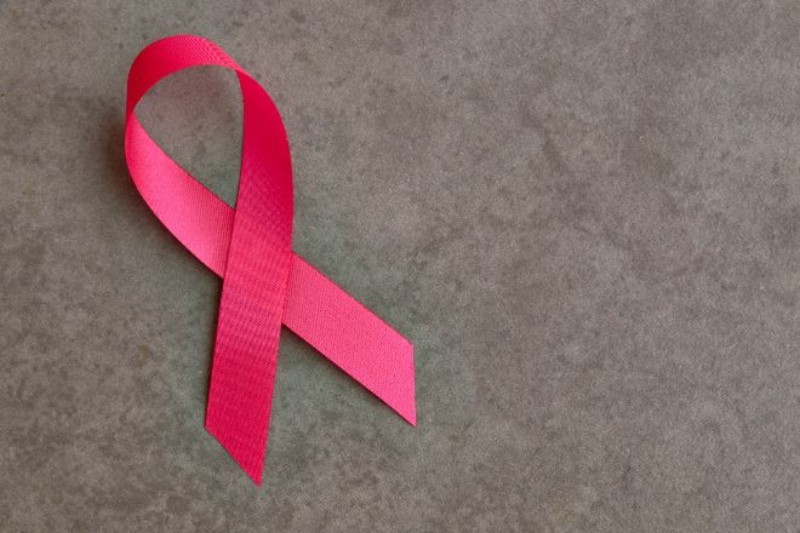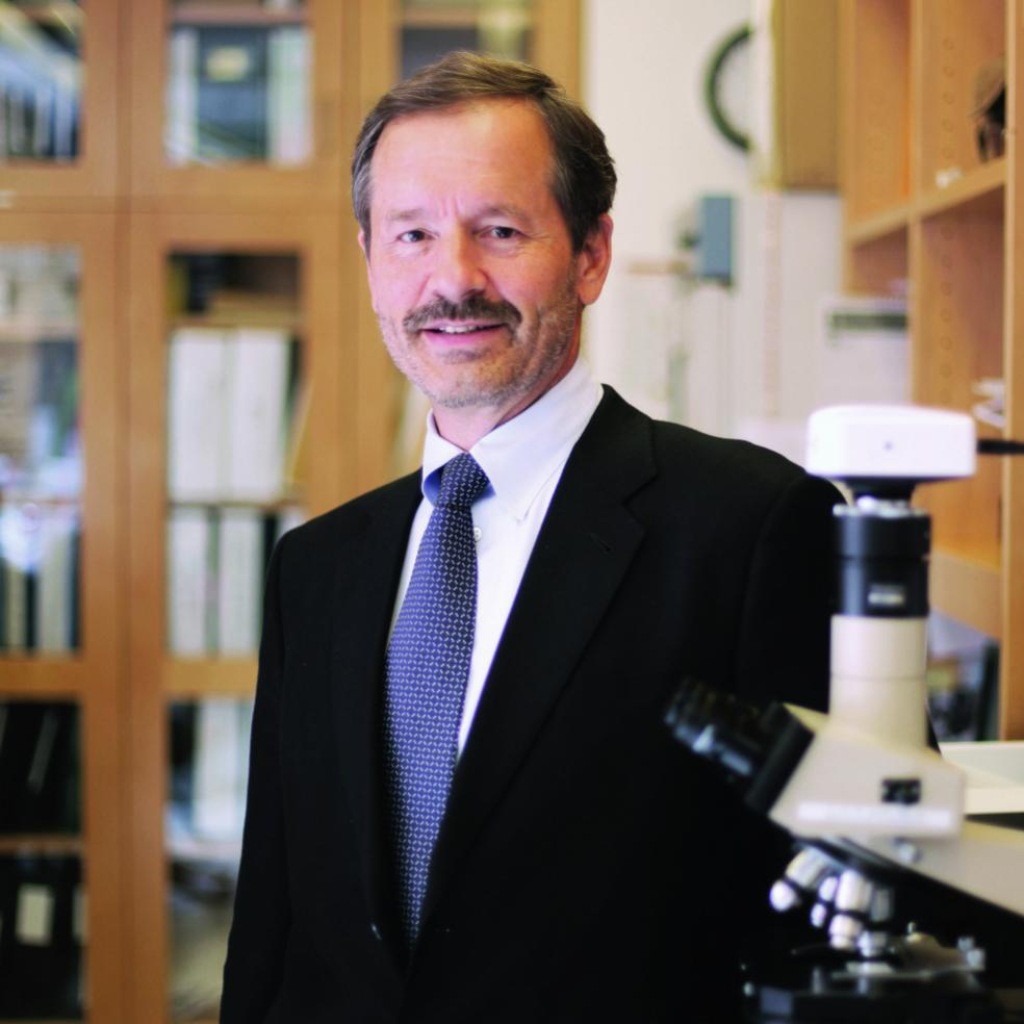Sugar and Cancer: Can Sugar Reduction curb cancer risk?

Consumption of 100% fruit juice was also associated with risk of breast and other cancer.
By Dr. Ulhas Ganu
The topic of sugar consumption reduction has been trending the charts for over a decade. Of recent developments, it is the link of sugar and cancer that has blazed the bulletin. But very few genuine sources dare to bare the real facts about this emerging association!
The real limits on sugar intake are still not clear. And one factor to blame is that there is no RDA specified value to limit sugar intake. Among all the important nutrients, only the amount of protein has a precise RDA value. The RDA of protein is 1 g/kg body weight/day. No definite limit is set for carbohydrates, Fat, Vitamins, Minerals and Water. Possibly because it’s found in plenty in food items.
In fact, carbohydrates and fat in food have haunted man for long. It’s a constant dilemma. Meeting the energy needs versus keeping the weight under control. Increased consumption of sugar and fats are also linked to a range of chronic diseases. Diabetes, hypertension and cardiac problems top the list!

Understanding Sugar: Total Sugar, Added Sugar, and Free Sugar
Sugar from food is classified into – Total Sugar, Added Sugar and Free Sugar.
- Total Sugar – Total sugar comprises of monosaccharides or disaccharides. Like glucose, fructose, sucrose (cane sugar) or lactose (milk sugar).
- Added sugar – It is the sugar added while cooking or processing food products.
- Free Sugar – Sugar in intact fruit belongs to the total sugar category. But, the sugar in fruit juice is the ‘free sugar’.
Several reviews and meta-analysis of published literature have floated on this subject. Establishing the correlation between energy intake, type 2 diabetes and dental caries. The link is weakest for ‘total sugar’. But most consistent for ‘added’ and ‘free sugars’.
Sugar and Cancer: Unveiling the truth
Suspicion about sugar being a culprit in health disturbances dates back to decades. The 1983 paper on ‘Diet and breast cancer: the possible connection with sugar consumption’ shed light on the association. It was based on epidemiological studies in ‘Medical Hypothesis’. The paper revealed a strong correlation between breast cancer mortality and sugar consumption in older women. They also observed a weaker correlation of marginal interest with fat consumption.
According to them, the trigger was insulin. As larger sugar intake overtaxes the regulatory mechanism. Dr. Jennifer Ligibel, associate professor of medicine at Harvard Medical School and senior physician at Susan F. Smith Center for Women’s Cancers at Dana-Farber Cancer Institute shared her insights. She says, “we know that people who have higher levels of glucose seem to have a higher risk for developing certain cancers. This is particularly true for breast cancer and colorectal cancer.”
According to her, it is not sugar that directly affects. But that there a strong link between obesity and cancer. As per the evaluation by the International Agency for Research and Cancer obesity may increase the risk of 13 different cancer types. Hence IARC guidelines suggest consuming a diet that is more plant-based. It further emphasizes on lower meat consumption (preserved meat). As studies have shown a link between consumption of red meat and colon cancer.
May 2019 issue of ‘British Medical Journal’ reports of a large prospective study. Conducted over 10 years involving more than 100,000 people. Sugary drinks increased cancer risks. But consumption of 100% fruit juice was also associated with risk of breast and other cancer.
It indicated the need for replication in other large-scale prospective studies. Also, sugary drinks, might represent a modifiable risk factor for cancer prevention.

Reducing Sugar Intake
Many such research and studies have accepted free sugar to be the culprit. Thus, arising the need to monitor and control its intake. It is also important to alert consumers about the aftermath of added and free sugar intake. It is a necessity to spread awareness for public healthcare.
The average adult intake of free sugars in Australia is currently pegged at ~ 10% of daily calories. It is a little higher in children. The WHO guidelines recommend a further reduction in the consumption of free sugars. Less than 5% of total energy consumption to yield extra benefits.
Sugar and Cancer: The contradictory picture
Nutrition, earlier, was about food consumption. Life was simple and food nutritious before modern science took over. To increase food production and control damage, pesticides came into the picture. This made the problem more complex by bringing in pollutants in the picture. Contamination of food with pesticides has been linked to cancer. Obesity, pesticides and canned food (preservatives) are all likely causative factors.
The recommendation for exercise is also to control weight. This shows a connect with obesity and not sugar. There is no specific mention of connecting sugar with cancer. Some cancer experts say sugar itself can drive cancer.
Dr. Lewis Cantley, director of the Meyer Cancer Center at Weill Cornell Medicine in New York says some cancers may start with high levels of insulin. Insulin is the hormone that controls the amount of sugar in our blood. He says “having high levels of insulin is likely to drive cancer and what drives insulin levels is sugar.”
The final verdict: Does sugar cause cancer?
The ultimate message is loud and clear: one needs to cut down their free sugar intake.
















